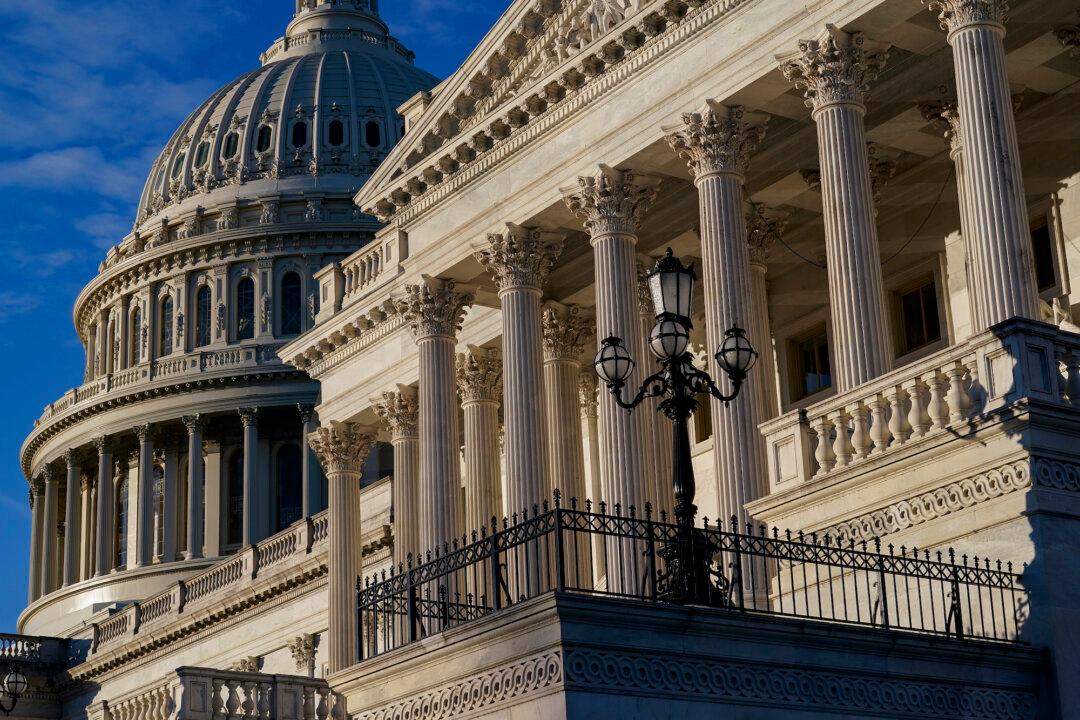News Analysis
While Chinese leader Xi Jinping and U.S. President Joe Biden have talked (albeit remotely) about improving relations between their two countries, a new Sino-American battle has started.

While Chinese leader Xi Jinping and U.S. President Joe Biden have talked (albeit remotely) about improving relations between their two countries, a new Sino-American battle has started.